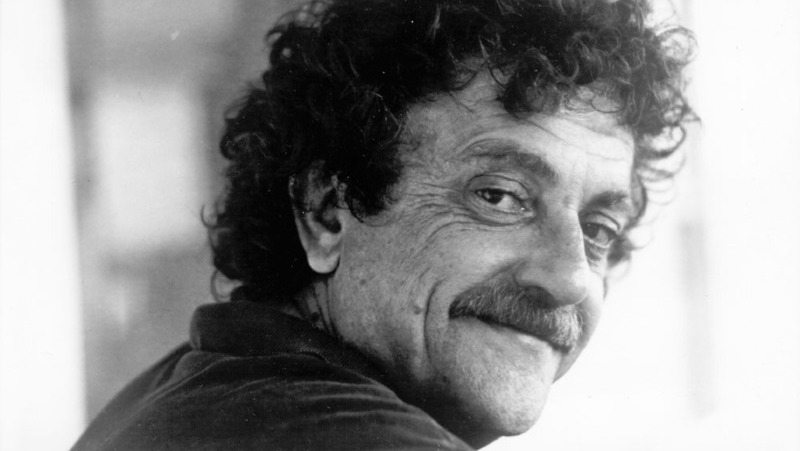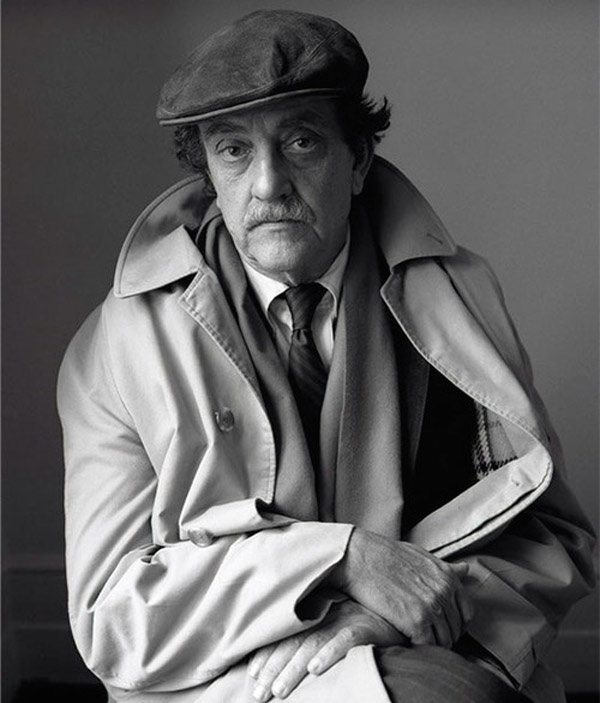Kurt Vonnegut
Episode #7 of the course “Significant American writers of the 20th century”
Known for his creative fiction plotlines and biting insightful social commentary, Kurt Vonnegut was a humorist in everything he wrote. With a career that spanned over 50 years, Vonnegut published dozens of works of fiction, non-fiction, plays, essays, and short stories, in addition to giving lectures and speaking about writing. As a true wordsmith who captured the latter half of the 20th century shift in American ideals, Vonnegut’s literature includes themes of disillusionment, isolationism, and satirical surreality that moved American literature.
Born in 1922, Vonnegut found that writing came easily to him in high school. He enlisted with the Army in 1942, famously living through the razing of Dresden; the experience would serve as a central moment in his most famous novel, Slaughterhouse Five, published in 1969. After World War II, Vonnegut returned to the US, married, and began a small career writing for magazines. His first novels, Player Piano, Mother Night, and Cat’s Cradle, were largely unacclaimed, and he struggled as a writer until the publication of Slaughterhouse Five.
Vonnegut spent nearly two years in the 1960s teaching at the Iowa Writer’s Workshop before being awarded a Guggenheim Fellowship. The release of Slaughterhouse Five was perfectly timed with the Vietnam War, and the book’s depiction of the psychological shattering of a man affected by war struck home with America’s patriotic spirit of the time. It became a New York Times Bestseller.
Vonnegut spent the rest of his life writing, teaching writing, talking about writing, and generally being acknowledged for his writing. His later works include Breakfast of Champions, Bluebeard, and Hocus Pocus, but none earned him the same critical or popular acclaim as Slaughterhouse Five. Vonnegut received numerous honorary degrees and certificates from universities around the world, and in 2005, he again made the bestseller list with his A Man Without a Country. He died at age 83, in 2007.
Quotes
“We are what we pretend to be, so we must be careful about what we pretend to be.”
“I want to stand as close to the edge as I can without going over. Out on the edge you see all kinds of things you can’t see from the center.”
“I was taught that the human brain was the crowning glory of evolution so far, but I think it’s a very poor scheme for survival.”
“We have to continually be jumping off cliffs and developing our wings on the way down.”
“All of the true things that I am about to tell you are shameless lies.”
Recommended books
Share with friends


